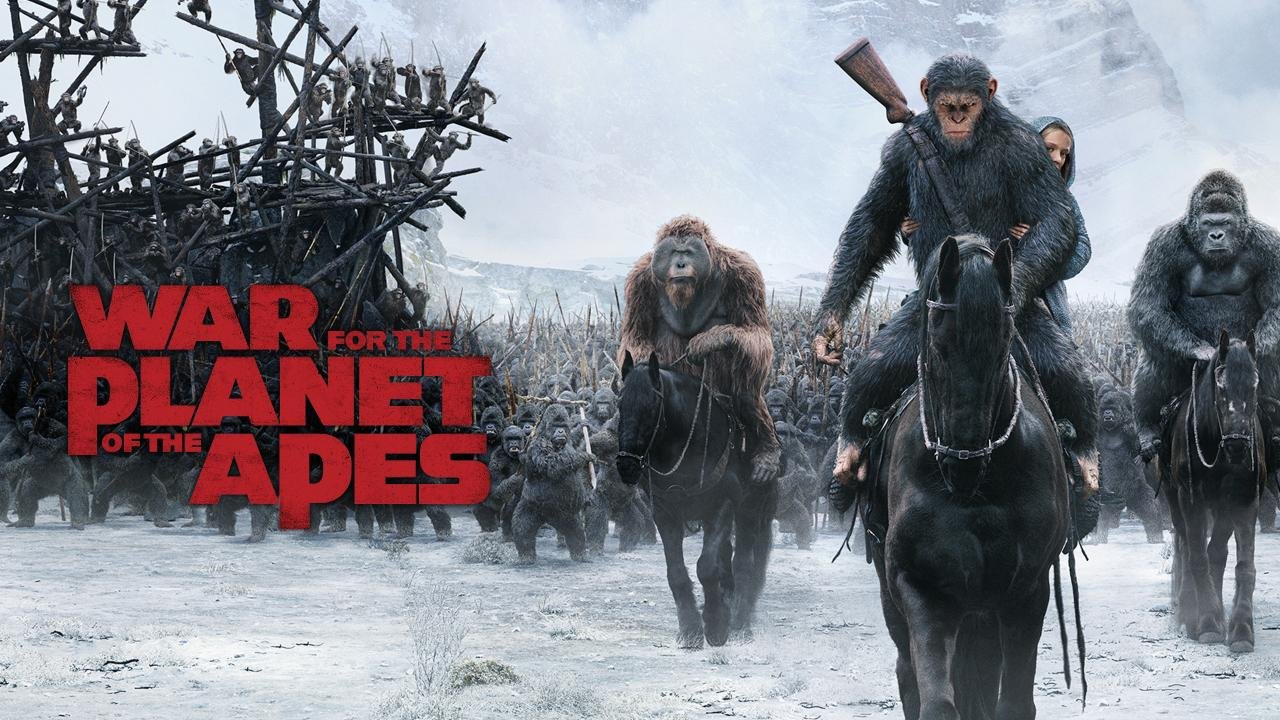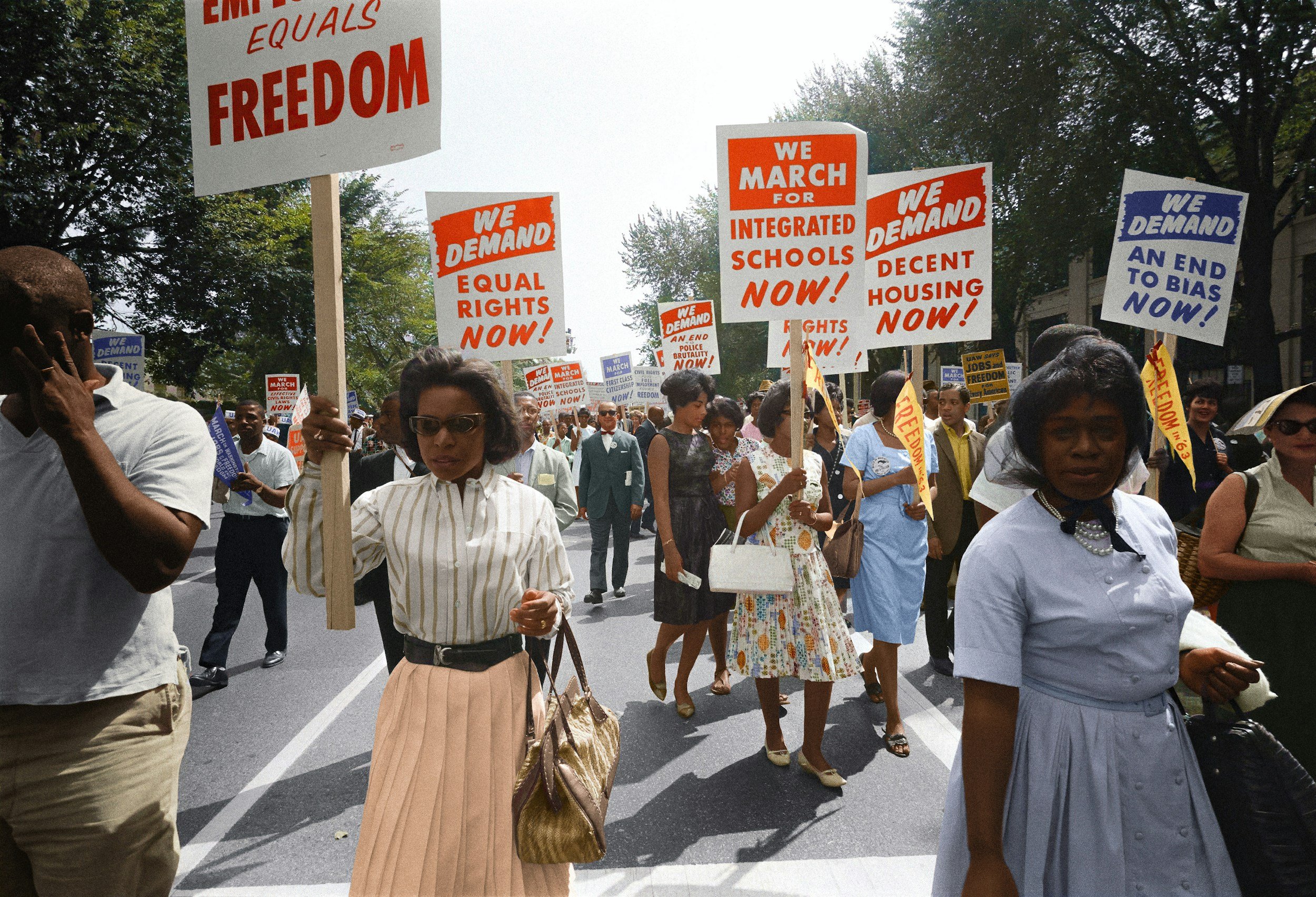My Thoughts on “Kingdom of the Planet of the Apes” and Where To Watch For Free!
So, I just finished watching Kingdom of the Planet of the Apes, and let me tell you, this movie left me with some pretty strong feelings. Not all of them are good. As I sat through the nearly two-hour runtime, I kept asking myself, “What the hell am I watching?” Now, don’t get me wrong—I’m all for epic tales of apes living their lives, especially in a franchise that has brought us some truly memorable moments. But this one? It just didn’t hit the mark for me.
Kingdom of the Planet of the Apes
Let’s start with the basics. Kingdom of the Planet of the Apes is the fourth installment in the reboot series and the tenth film overall. Directed by Wes Ball, the film is set many generations after the events of War for the Planet of the Apes. It follows Noa, a young chimpanzee, on a journey that’s supposed to determine the future of both apes and humans. The film stars Owen Teague, Freya Allan, and a few other notable names, but honestly, the cast doesn’t do much to save this movie from its flaws.
WATCH ON #PRIME
WATCH ON #APPLE
As I watched Noa embark on his epic quest alongside Mae, a human woman with her mysterious agenda, I couldn’t shake the feeling that I had seen this all before. And that’s when it hit me—this movie felt eerily similar to Apocalypto, the 2006 film directed by Mel Gibson.
Remember that one? The raw, gritty journey of Jaguar Paw, the Mesoamerican hunter trying to survive after his village is ravaged by invaders. Yeah, Kingdom of the Planet of the Apes gave me major Apocalypto vibes, but unfortunately, it doesn’t come close to matching the intensity or realism of that film.
WATCH Apocalypto
CLICK ON #Prime
CLICK ON #Apple
In Apocalypto, the action feels grounded, the stakes are high, and you’re genuinely invested in Jaguar Paw’s survival. The historical setting and the use of indigenous languages added a layer of authenticity that’s hard to beat. But in Kingdom of the Planet of the Apes, we’re dealing with CGI apes who, despite the advanced technology, still don’t quite capture the essence of real emotion. Sure, the special effects are impressive—no one can deny that—but when it comes to connecting with the characters, I just couldn’t buy into it.
And speaking of characters, let’s talk about the performances. Owen Teague as Noa? He does his best with what he’s given, but it’s Freya Allan as Mae who really stood out to me. Finally, a human character whose reactions felt genuine! Allan brings a sense of realism to her role that the apes, no matter how well-rendered, just couldn’t match. Watching her on screen was a breath of fresh air in an otherwise heavy-handed movie.
But here’s the thing: since 2011, this film is the weakest one from the series. I’ll say it again—since 2011. When you compare it to the previous films in the reboot series, Kingdom of the Planet of the Apes just doesn’t hold up. The story feels recycled, the stakes aren’t as high, and even the big climactic moments don’t pack the punch you’d expect from a film with a $160 million budget. It’s like the filmmakers relied too much on the special effects to carry the movie, forgetting that at the core of any great film is a great story.
Tap on the pictures to watch on #Prime
The premise had potential—apes and humans struggling to coexist, the tension between old world technology and the new world order—but the execution fell flat. The film tries to grapple with big ideas about power, control, and survival, but it never quite lands. And then there’s the whole subplot with Mae and the mysterious “book” that’s supposed to restore speech to humanity. It’s an interesting concept, sure, but it feels underdeveloped, like an afterthought thrown in to add some depth to Mae’s character.
Another thing that bugged me was the villain, Proximus Caesar. I get that they were going for a power-hungry antagonist who’s obsessed with opening the old human vault, but Proximus just didn’t have the same menace as, say, Koba from Dawn of the Planet of the Apes. His motivations are murky, and his ultimate downfall felt too easy, too predictable. There’s no real tension in his conflict with Noa, and by the time the final battle rolls around, you already know how it’s going to end.
The film’s ending leaves us with more questions than answers, and not in a good way. Mae’s departure to the human settlement with the decipher key is supposed to be this big moment, but it left me feeling unsatisfied. Noa’s final argument—that if weapons and technology are only for humans, then nothing belongs to the apes—was a thought-provoking line, but it wasn’t enough to save the film from its overall mediocrity.
In the end, Kingdom of the Planet of the Apes feels like a missed opportunity. The reboot series started strong, but with this latest installment, it seems like the creative team has lost their way. Maybe they relied too much on CGI and not enough on storytelling, or maybe they just ran out of fresh ideas. Whatever the case, this film didn’t do it for me.
To sum it up: if you’re a die-hard fan of the franchise, you might find something to enjoy here, but for me, Kingdom of the Planet of the Apes is a step down from its predecessors. It’s got the looks, but it’s lacking the heart and soul that made the earlier films so compelling. And as much as I wanted to love it, I just couldn’t shake the feeling that I was watching a watered-down version of something we’ve seen before—only this time, with apes instead of humans.
#MovieReview, #PlanetOfTheApes, #KingdomOfThePlanetOfTheApes, #FilmCritic, #MovieCritique, #SciFiMovies, #CGIEffects, #ApesVsHumans, #FilmFranchise, #Cinema, #WesBall, #OwenTeague, #FreyaAllan, #SpecialEffects, #FilmAnalysis, #MovieThoughts, #Cinephile, #FilmReview, #HollywoodMovies, #SciFiFilms






















